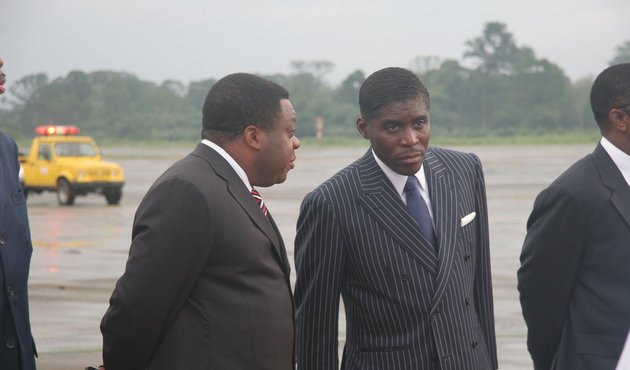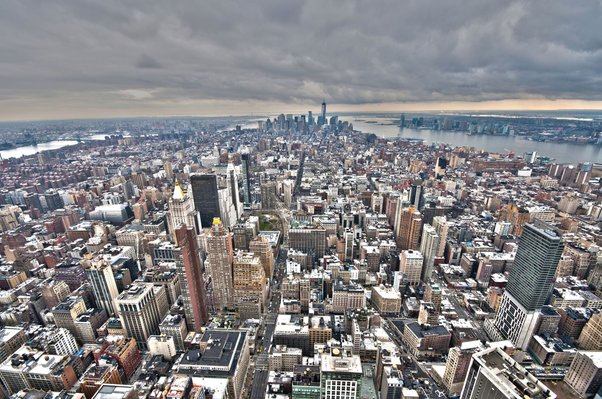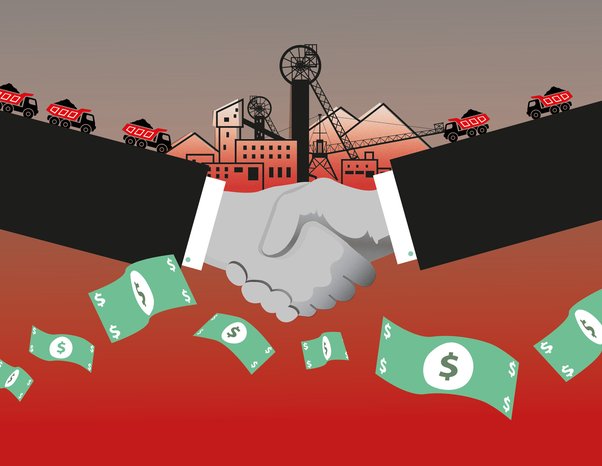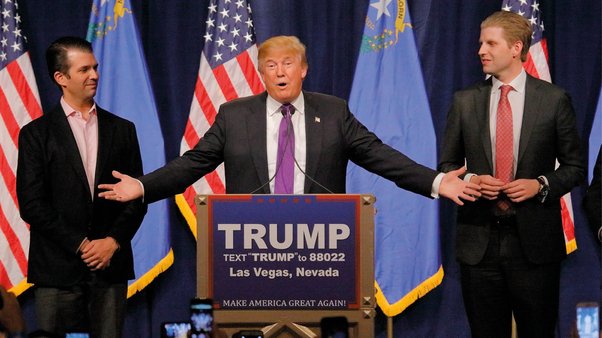This week an African dictator’s playboy son goes on trial in Paris for corruption and money laundering. This is a historic event: the first time an accused kleptocrat who is still in power is being held accountable for his actions. The case concerns Teodorin Obiang, the long suspected corrupt son of the president-for-life of Equatorial Guinea, a small African nation that is rich in oil and timber. Obiang, the country’s vice-president, is charged with laundering US$112 million of state money to fund his lavish lifestyle in France. Although Equatorial Guinea has the highest GDP per capita in Africa, most of its people live in devastating poverty, below a dollar a day.
Global Witness has long investigated this paradox, and we published our findings in two reports, Time for Transparency in 2004 and The Secret Life of a Shopaholic in 2009. Piecing together bank, mortgage and corporate records, we revealed in 2006 that Teodorin bought a US$30 million mansion in Malibu, California – despite an official salary of US$4,000-5,000 a month as a minister in his father’s government. Eight years later, Obiang had to give up this mansion after an investigation by the US Department of Justice’s Kleptocracy Asset Recovery Initiative. Several European countries have followed suit and are investigating millions worth of villas, collector’s cars, a private jet and a yacht belonging to Obiang.
The current case in France is similar to, and inspired by, the US case, with two key differences. First, the US case was a civil proceeding to seize Obiang’s assets and property, whereas the French case also includes criminal charges against Obiang personally. And unlike the US case which was settled out of court, the French trial will provide the first official, public record of the full extent of grand corruption in Equatorial Guinea. In doing so, the Paris trial, whatever the outcome, sends a powerful message to kleptocrats everywhere that they can run, but they can’t hide, and justice will eventually catch up with them, even if it takes a decade.
The importance of continuing this fight against kleptocracy around the world cannot be overstated. America has long played a leading role in this global fight, but the future of that leadership is now coming into question, as the Trump Administration disengages from a number of important international initiatives and works with Congress to dismantle critical transparency and public interest regulations at an unprecedented pace.
Moreover, the moral authority of the US to lead this fight is also in question, as US President Trump continues to be plagued by allegations of violating an anti-corruption provision of the US Constitution through his business dealings with foreign governments, as we argued previously.
Trump’s stubborn refusal to divest from his private businesses, as other presidents have done before him, has exposed him to three high-profile legal challenges: one brought by a good government watchdog group Citizens for Responsibility and Ethics in Washington, another brought by the state of Maryland and District of Columbia, and finally one brought by nearly 200 members of Congress. All of these cases make a similar argument that Trump is in violation of the constitutional prohibition on receiving so-called “emoluments”, or private benefits, from any foreign government, as a result of his position.
Trump’s latest income disclosure shows that he has made more than US$528.9 million since January 2016, including the first three months of his presidency. His hotel in Washington, DC raked in nearly US$20 million since September 2016, and has been a favorite go-to place of foreign governments and industry groups since he has taken office. The president, as any elected public official, should not use their position to enrich themselves. Trump choosing to retain ownership of his businesses risks just that, and brings with it major corruption and conflicts of interest risks.
To be sure, Trump is no Obiang, and part of the purpose of the emoluments provision of the Constitution is to ensure that our country never comes close to that kind of kleptocracy. That is why one of the lawyers working on these cases has described them as “anti-kleptocracy cases”. It is critical, however, that these provisions are enforced – if not in Congress as the constitution requires, then in the courts.
With all eyes currently on the Obiang trial in Paris, Obiang’s lawyer has requested a second postponement of the trial – which could delay it by months or even years. Let’s hope the justice system prevails, both in France and in the US, to ensure no leader who is shown to rob their country gets away with impunity.



